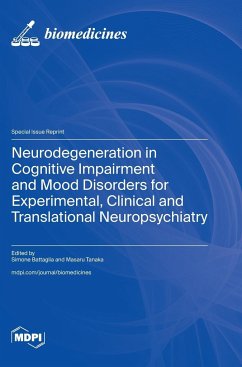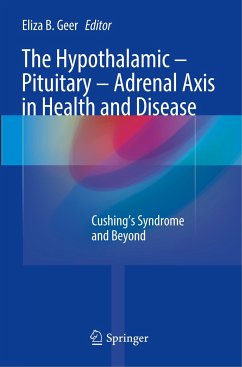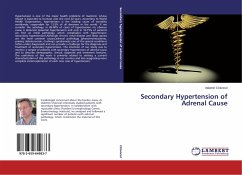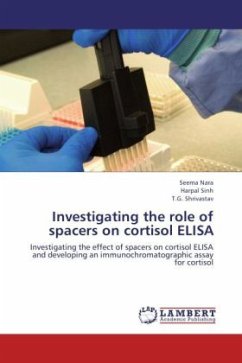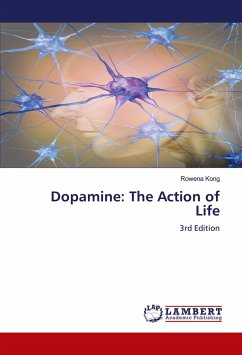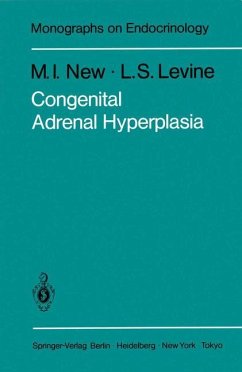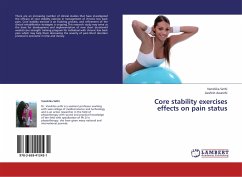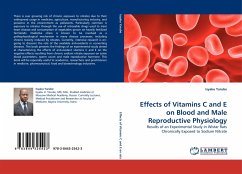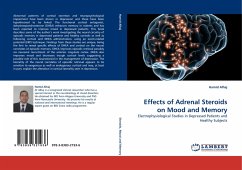
Effects of Adrenal Steroids on Mood and Memory
Electrophysiological Studies in Depressed Patients and Healthy Subjects
Versandkostenfrei!
Versandfertig in 6-10 Tagen
52,99 €
inkl. MwSt.

PAYBACK Punkte
26 °P sammeln!
Abnormal patterns of cortisol secretion and neuropsychological impairment have been shown in depression and these have been hypothesised to be linked. The functional cortisol antagonist, dehydroepiandrosterone (DHEA) enhances memory in rodents and has been reported to improve mood in depressed patients. This book describes some of the author s work investigating the neural circuitry of episodic memory in depressed patients and healthy controls as well as following cortisol and DHEA administration, using an event-related potential (ERP) technique. Findings from these studies are unique, being t...
Abnormal patterns of cortisol secretion and neuropsychological impairment have been shown in depression and these have been hypothesised to be linked. The functional cortisol antagonist, dehydroepiandrosterone (DHEA) enhances memory in rodents and has been reported to improve mood in depressed patients. This book describes some of the author s work investigating the neural circuitry of episodic memory in depressed patients and healthy controls as well as following cortisol and DHEA administration, using an event-related potential (ERP) technique. Findings from these studies are unique, being the first to reveal specific effects of DHEA and cortisol on the neural correlates of episodic memory. DHEA improves episodic retrieval possibly via neuronal recruitment of the anterior cingulate cortex. DHEA also improves mood and decreases trough cortisol levels suggesting a possible role of this neurosteroid in the management of depression. The laterality of the neural correlates of episodic retrieval appears to be sensitive to exogenous as well as endogenous cortisol and may, at least in part, explain the alteration in cortical laterality seen in depression.



